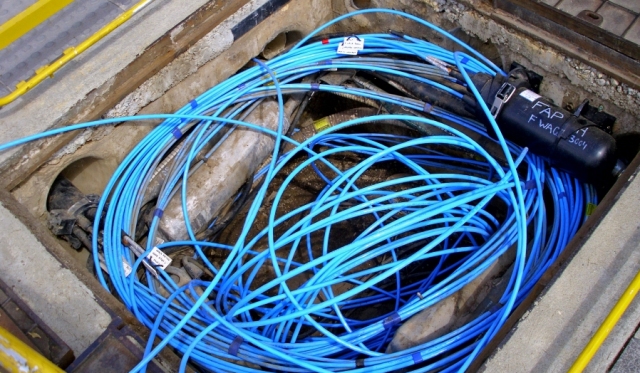U.S. Commerce Secretary Gina Raimondo revealed plans to spend $65 billion to expand broadband access and affordability, Reuters reported.

The authors of the new infrastructure bill, a dream project of the Biden administration, say 19 million Americans lack access to high-speed internet. Raimondo said the administration’s goal is for every single American to have access to high-speed affordable broadband.
The bill includes $42.45 billion in grants for expanding physical access to broadband, including building fiber or other networks.
The bill automatically awards $100 million to each state that can be used for technical assistance, to build out a state broadband office or other efforts, for a total of $5 billion.
The rest of the $42 billion will be allocated by Raimondo’s agency to states using a formula-based grant program, and all recipients of funding must offer a low-cost plan.
“Show us a plan that guarantees every single person in your state has access to high-speed affordable internet,” Raimondo said. Projects must meet a minimum speed requirement of 100/20 megabits per second.
She said it will take some months to get money to states and that it will come only after states submit plans that are approved by the department.
All recipients must offer a low-cost plan and states must address all of their unserved areas before they are able to fund deployment projects in underserved areas. “We have to make sure we don’t spend this money overbuilding,” Raimondo said.
Biden initially proposed $100 billion for broadband and the White House conceded in May that with $65 billion, it would take longer to extend access to all Americans.
AT&T CEO John Stankey said the funds will pave the way for universal connectivity to unserved areas, making broadband affordable for low-income households, and providing more resources for digital equity and adoption.
Comcast said the funding appropriately focuses on getting broadband infrastructure first to areas where it does not currently exist, while continuing to promote faster speeds and disincentivizing duplicative projects.
The infrastructure bill includes $14.2 billion for the Federal Communications Commission to provide a new permanent $30 per month voucher for low-income families to use toward any internet service plan of their choosing.
It expands on a $3.2 billion temporary COVID-19 pandemic program called the Emergency Broadband Benefit that is currently used by nearly 7.4 million U.S. households and provides a $50-a- month subsidy. The new program expands eligibility to more low-income households.
Minority and low-income households are less likely to have home internet, a Pew Research survey this year found. Fewer than 60 percent of adults with annual household income under $30,000 have home internet, according to the survey.





